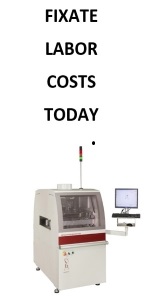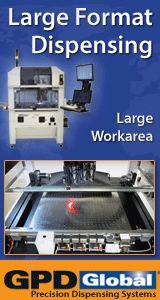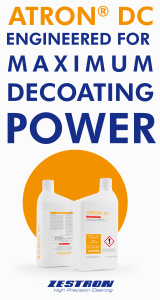Printed Circuit Board Assembly & PCB Design Forum
SMT electronics assembly manufacturing forum.
- SMTnet
- »
- Electronics Forum
- »
- XRF Testing....an absolute necessity??
XRF Testing....an absolute necessity??
Views: 2773
![]() Hi all,
while looking at some XRF equipment, a question aro...
- Jan 12, 2006
by
Amol Kane
Hi all,
while looking at some XRF equipment, a question aro...
- Jan 12, 2006
by
Amol Kane
![]()
![]()
![]() As long as you trust that the component vendor is honest & d...
- Jan 13, 2006
by
Rob
As long as you trust that the component vendor is honest & d...
- Jan 13, 2006
by
Rob
![]()
![]()
![]() I agree Rob,
The main thing is that you don't beleive eve...
- Jan 25, 2006
by
I agree Rob,
The main thing is that you don't beleive eve...
- Jan 25, 2006
by
![]()
![]() we shouldnt be talking about lead free we should be talking ...
- Jan 30, 2006
by
we shouldnt be talking about lead free we should be talking ...
- Jan 30, 2006
by
![]()
![]() True, we weren't just checking for lead at the test lab we w...
- Jan 30, 2006
by
Rob
True, we weren't just checking for lead at the test lab we w...
- Jan 30, 2006
by
Rob
![]()
![]()
![]() Do not believe every thing your suppliers tell you, even a w...
- Jun 02, 2006
by
Do not believe every thing your suppliers tell you, even a w...
- Jun 02, 2006
by
- SMTnet
- »
- Electronics Forum
- »
- XRF Testing....an absolute necessity??







